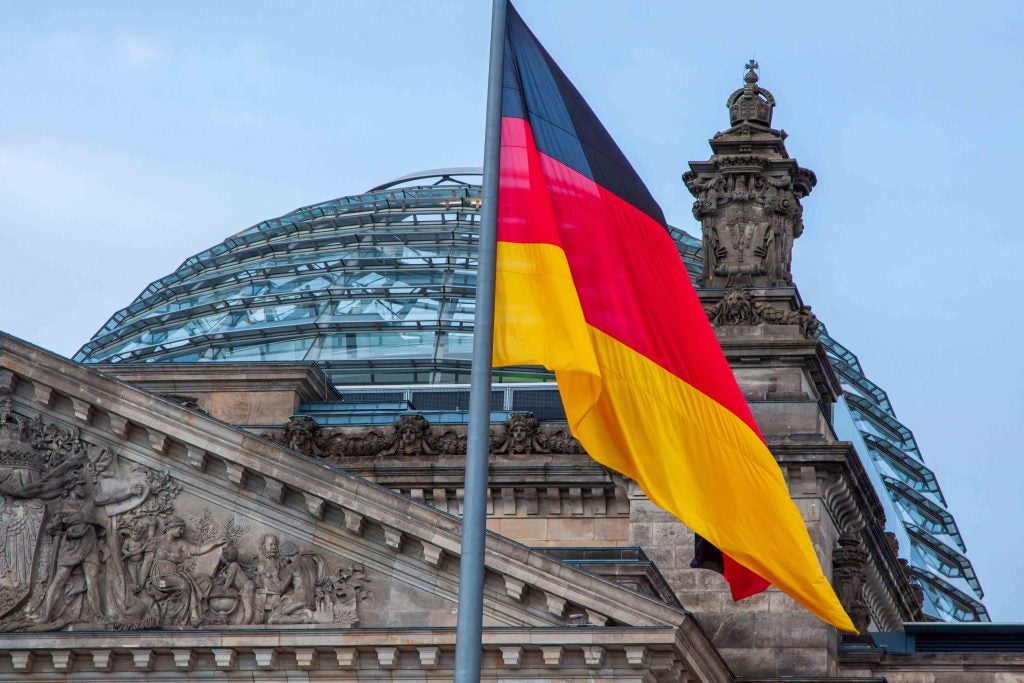
US-based asset management firm Vanguard Group has revealed plans to close its operations in Hong Kong and Japan.
Also, the company plans to exit Hong Kong exchange-traded funds (ETF). It said that its Hong Kong business caters to institutional clients and not retail investors, which are its primary focus.
The exit, based on review of the company’s international business, will be gradual over approximately six months to two years.
The company intends to progressively stop its operations in Hong Kong. It will make an orderly exit from Hong Kong ETF, Mandatory Provident Fund and Index-Tracking Investment Schemes businesses.
Vanguard may transfer its Mandatory Provident Fund pension portfolio to another company, noted Financial Times.
In a stock exchange filing, the company said: “Vanguard has taken the decision to exit its ETF business in Hong Kong in order to enable it to channel its human and financial capital in the region towards initiatives that are more closely aligned with its strategic focus and provide a long-term platform for scalable growth.”
The company’s Asian headquarters has been located in Hong Kong. Vanguard ceased its operations in Singapore in 2018.
Separately, a company spokesman confirmed that Vanguard would close its Japan operation. The company plans to shift its primary Asia office to Shanghai, China and focus on Mainland China in the future.
In December last year, Vanguard formed a joint venture with Ant Financial Services to provide retail investment advisory services in China.
After the closure of Hong Kong and Japan operations, the company’s Asia Pacific presence will include Shanghai and Beijing in China, and Melbourne in Australia.







